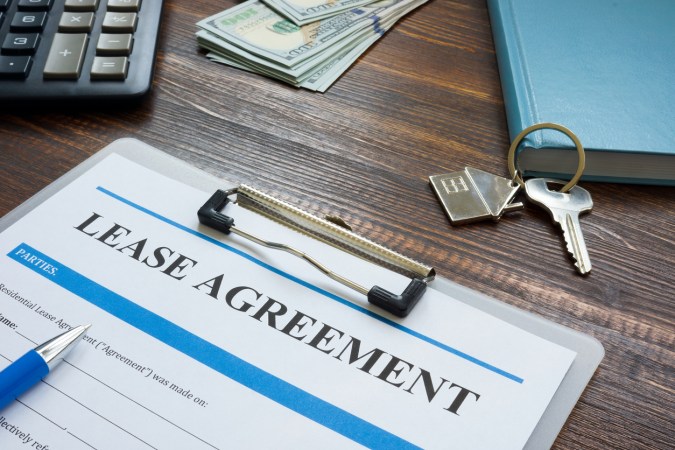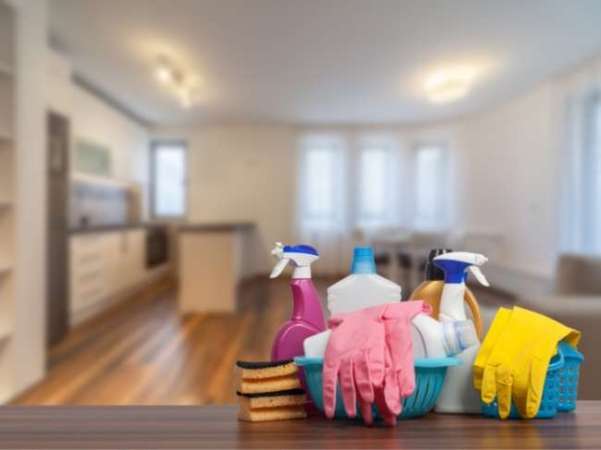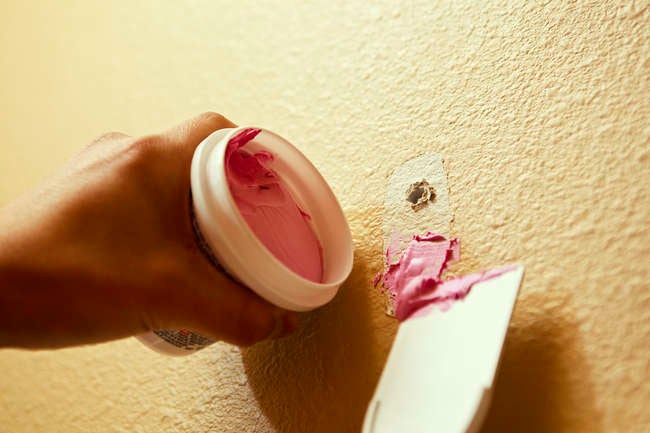We may earn revenue from the products available on this page and participate in affiliate programs. Learn More ›
Does flipping houses look like a nice change of pace?

Reality TV does a nice job of painting a profitable picture for those in the house-flipping profession. Countless shows depict folks heading to auctions or receiving phone calls about rundown homes, purchasing them for next-to-nothing before giving them a makeover, and putting them back on the market for tens of thousands of dollars more. It sounds like a great business plan for the DIYer, and it certainly can be. Before you jump in to house flipping with both feet, consider our advice for wannabe flippers.
Always pay for a professional inspection.
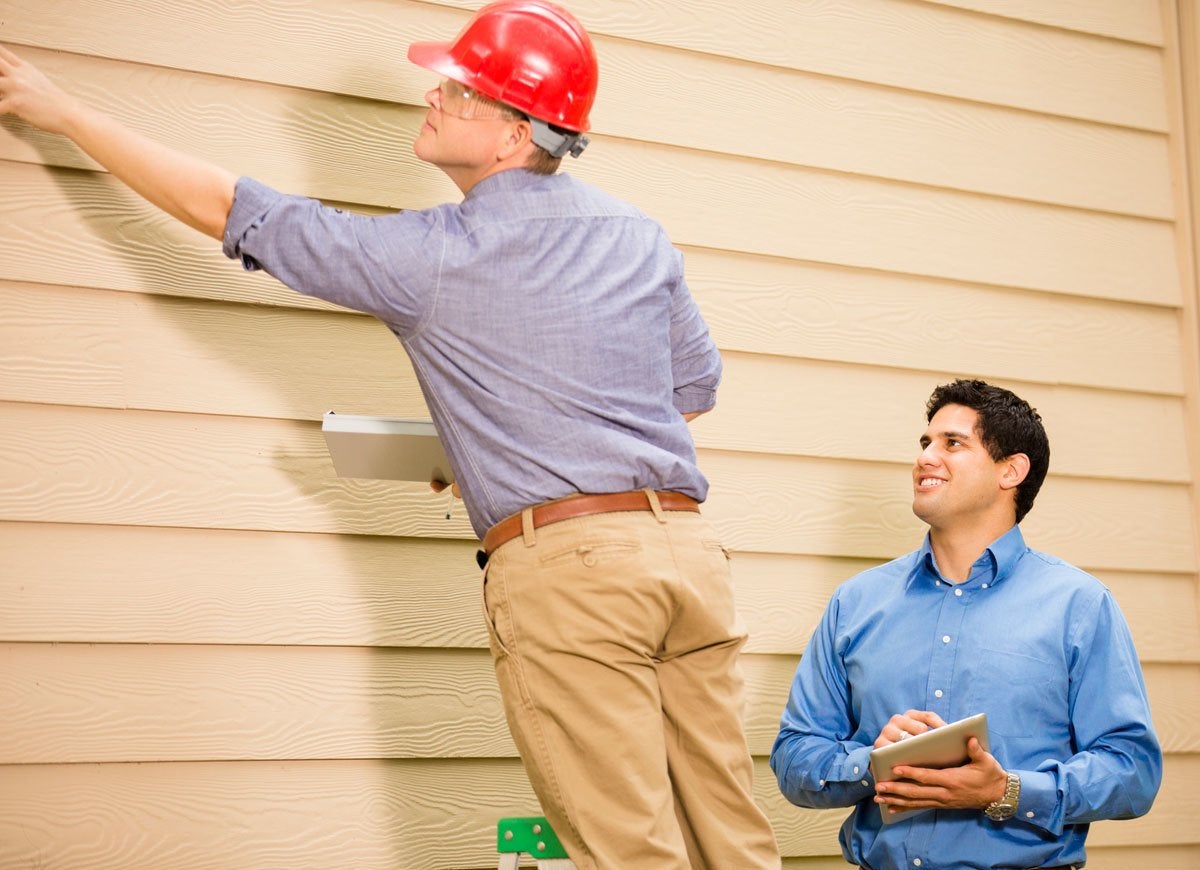
If you’re not in the construction business, it’s easy to miss some of a property’s major defects, from a faulty foundation to antiquated electrical wiring. Avoid an expensive headache by getting a professional inspection before you buy a property. The cost of an inspection is nothing compared with the price of hiring a crew to redo the roof or correct structural issues.
Get a building permit.

While savvy, capable flippers can renovate a home themselves, failing to go through the proper channels may lead to steep fines, lawsuits, and other complications that can kill a sale. For example, banks and mortgage companies won’t always make loans on remodeled homes that don’t abide by local codes. Obtaining a building permit ensures peace of mind throughout the house-flipping process.
Know the neighborhood.
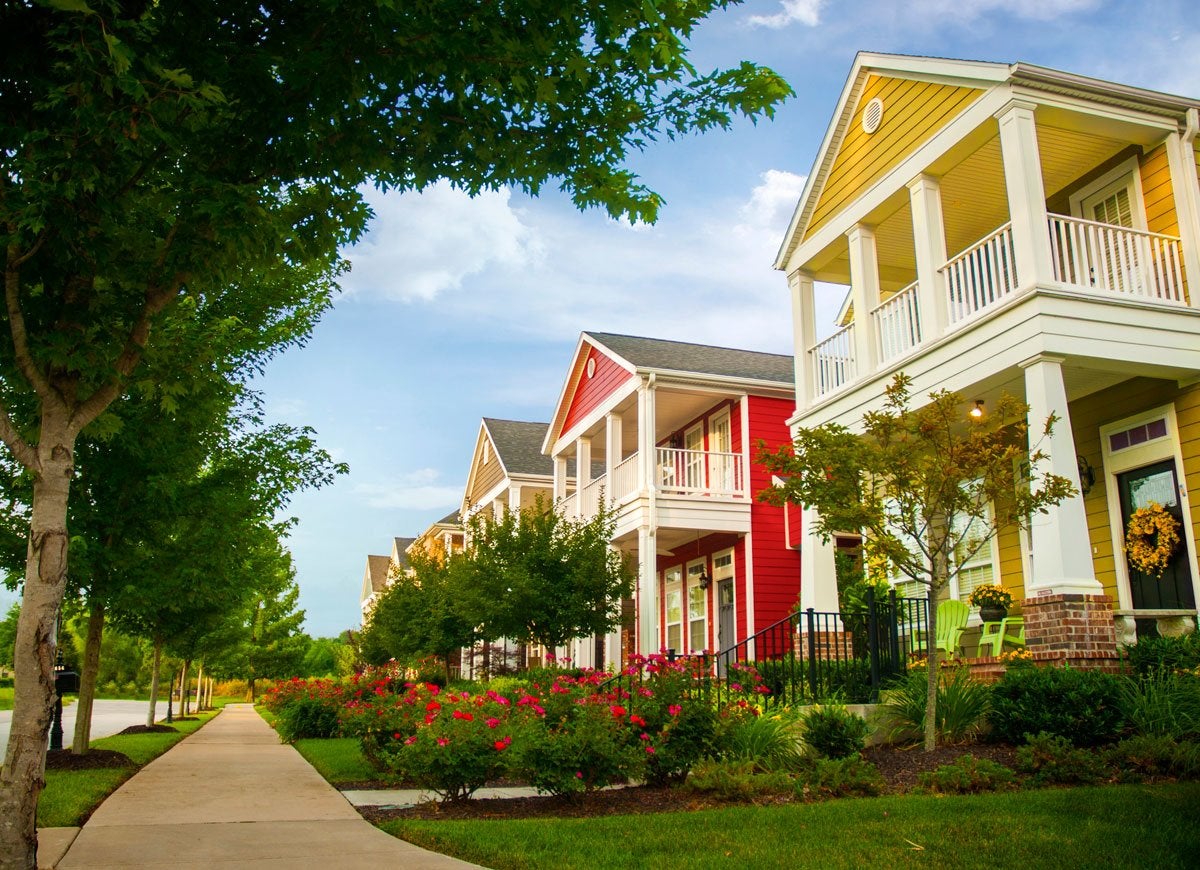
Not all fixer-uppers are bound for success, and location is a major determining factor of how quickly a house will sell—and for what price. Always think about the intended buyers when choosing a neighborhood: If you want to market the finished home to families with young children, you’ll have better luck if it’s located in a safe neighborhood that’s in a top-rated school district.
RELATED: Never Compromise on These 5 Things When Buying a Home
Hire a real estate agent.

Whether you’re buying or selling, hiring a professional real estate agent often helps you get a better deal. That’s because agents know how to negotiate, and they have extensive knowledge of market conditions and comparable sales.
Don’t expect to make a profit.
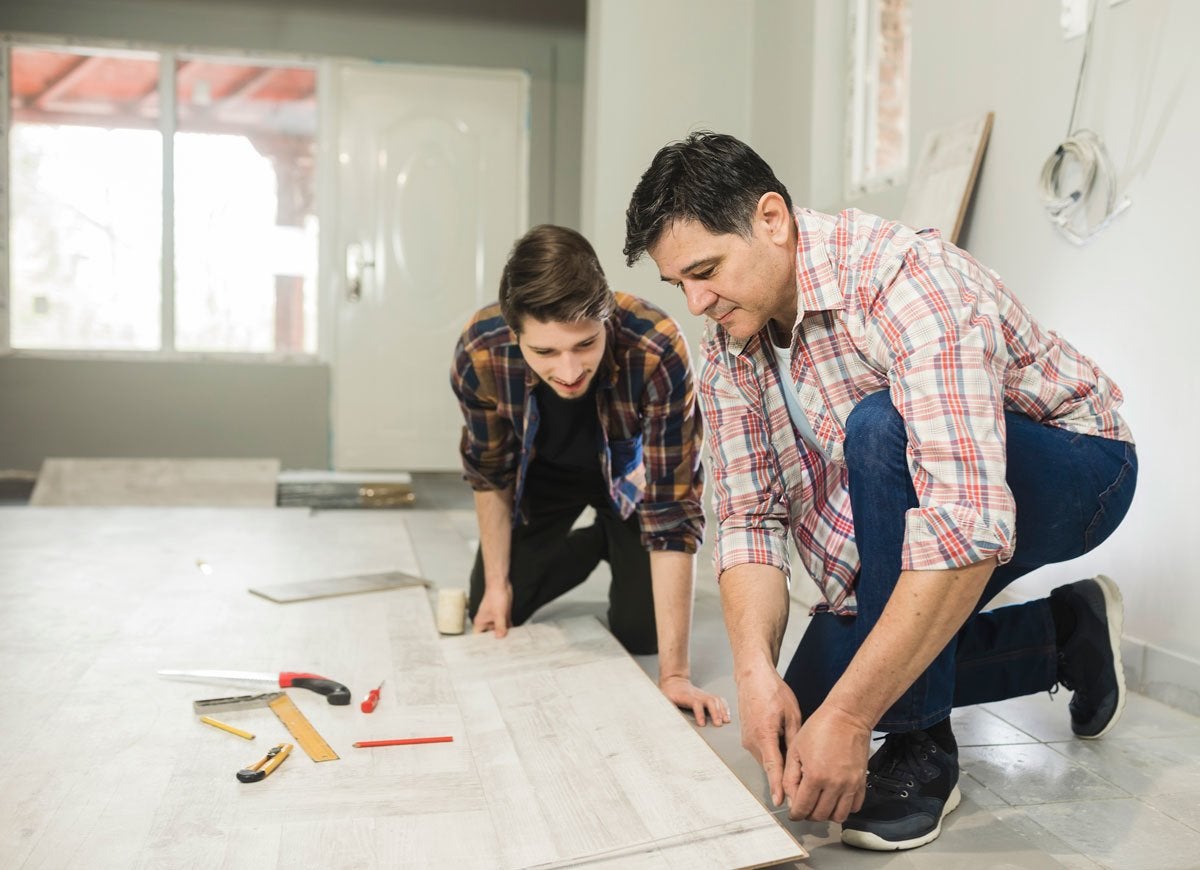
Despite what you see on reality TV, house flippers aren’t guaranteed to make a profit. In fact, some take a loss or barely break even. In the first quarter of 2022, nearly 10 percent of homes sold in the U.S. were flipped homes, but profits fell to less than 26 percent on average. If you go into house flipping as a business, expect to have a few less-than-stellar sales alongside your profitable ones, especially until costs of goods and materials decline.
RELATED:
10 Reasons Why I Should Have Never Bought That Fixer-Upper!
Don’t over-improve the house.
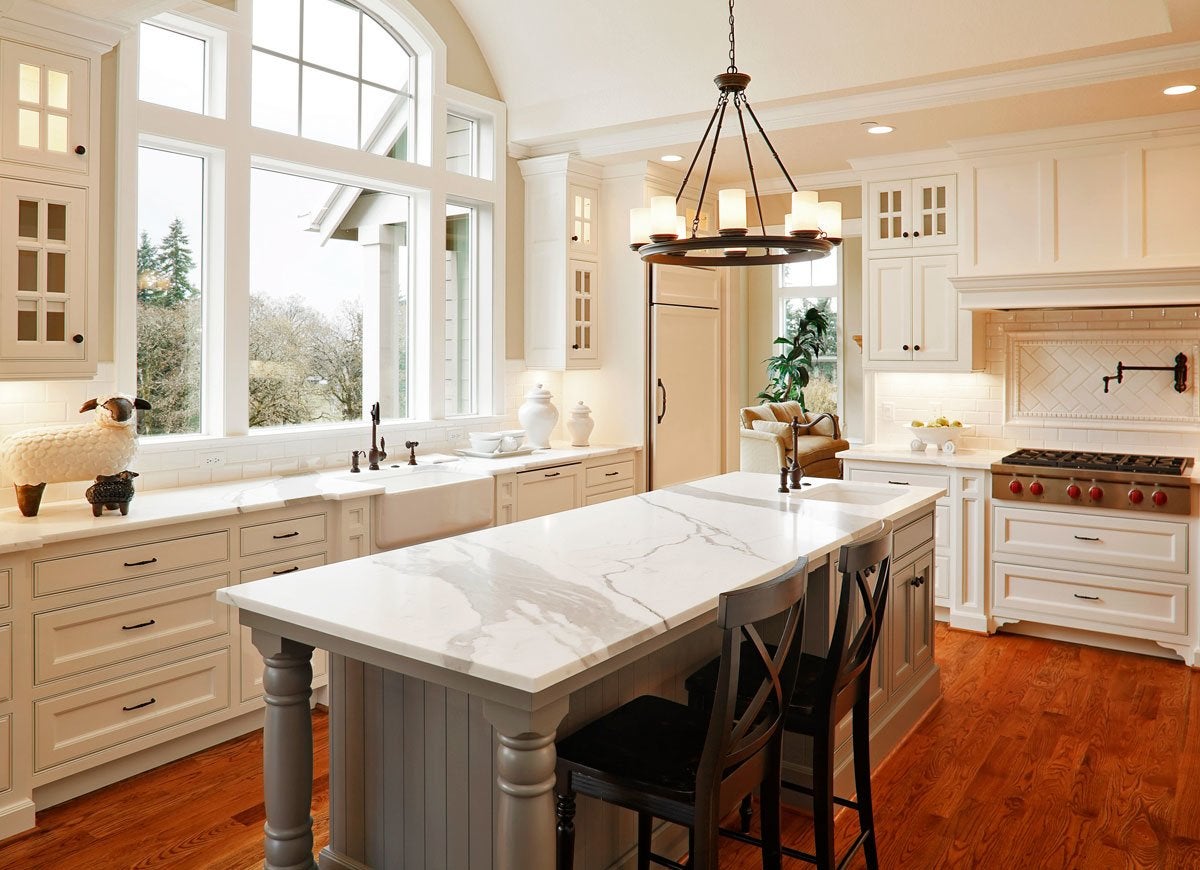
When renovating a home, you might be tempted to add trendy details and high-end touches. Resist the urge! According to USNews.com, successful house flippers don’t over-improve their properties. The more you spend on elaborate renovations, the higher you’ll have to price the house to make a profit, so it pays to stick with essential repairs and basic features in your fixer-upper.
Know when to call for professional help.
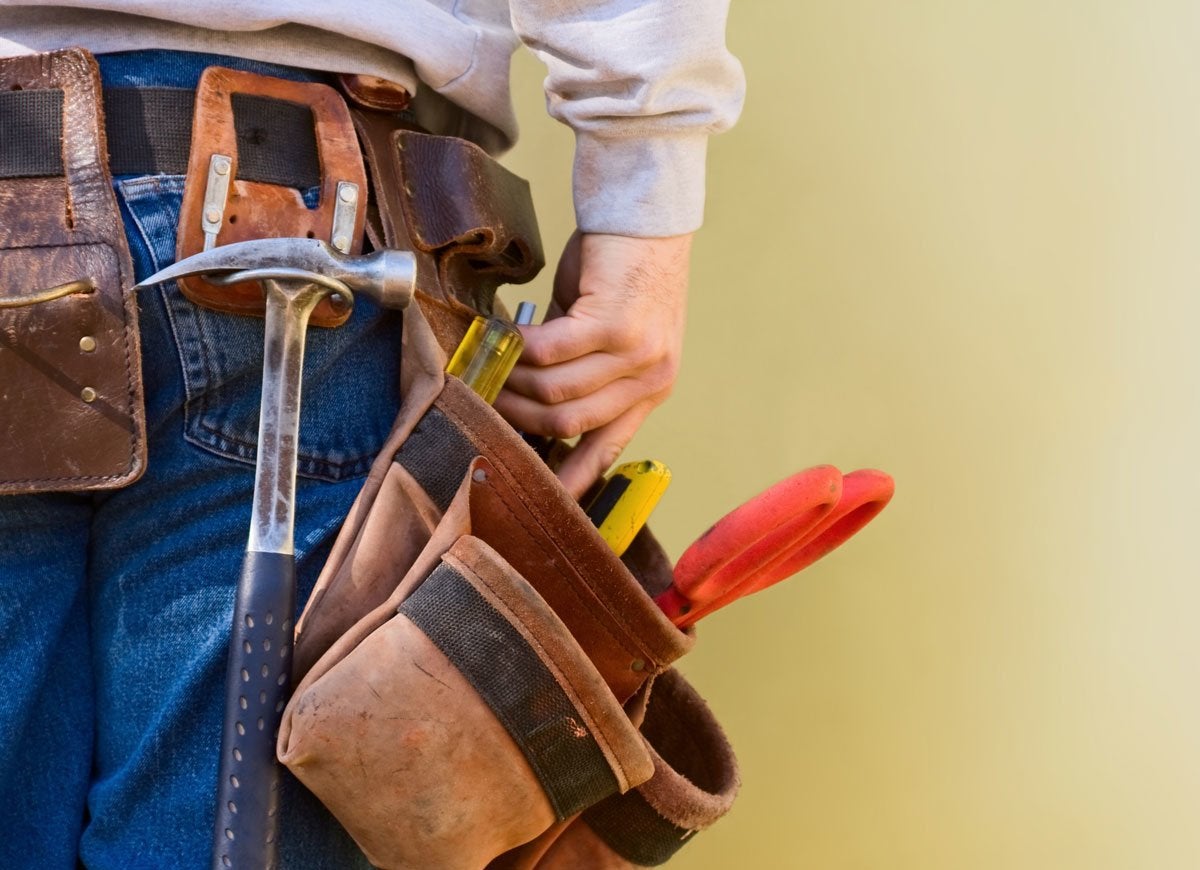
Enthusiastic flippers can get in over their heads during the renovation process. While replacing carpeting and painting walls are DIY-friendly projects, other repairs require professional help. Call a contractor for full kitchen and bath renovations, electrical wiring problems, plumbing and HVAC repairs, and room layout changes.
Have a Plan B.

It’s a fixer-upper’s nightmare: The real estate market in your area takes a turn for the worse, preventing you from selling the house. This troubling situation becomes less scary when you have a backup plan. You might consider renting the house until the market makes a comeback, for example, or offer owner financing.
Don’t overlook landscaping.
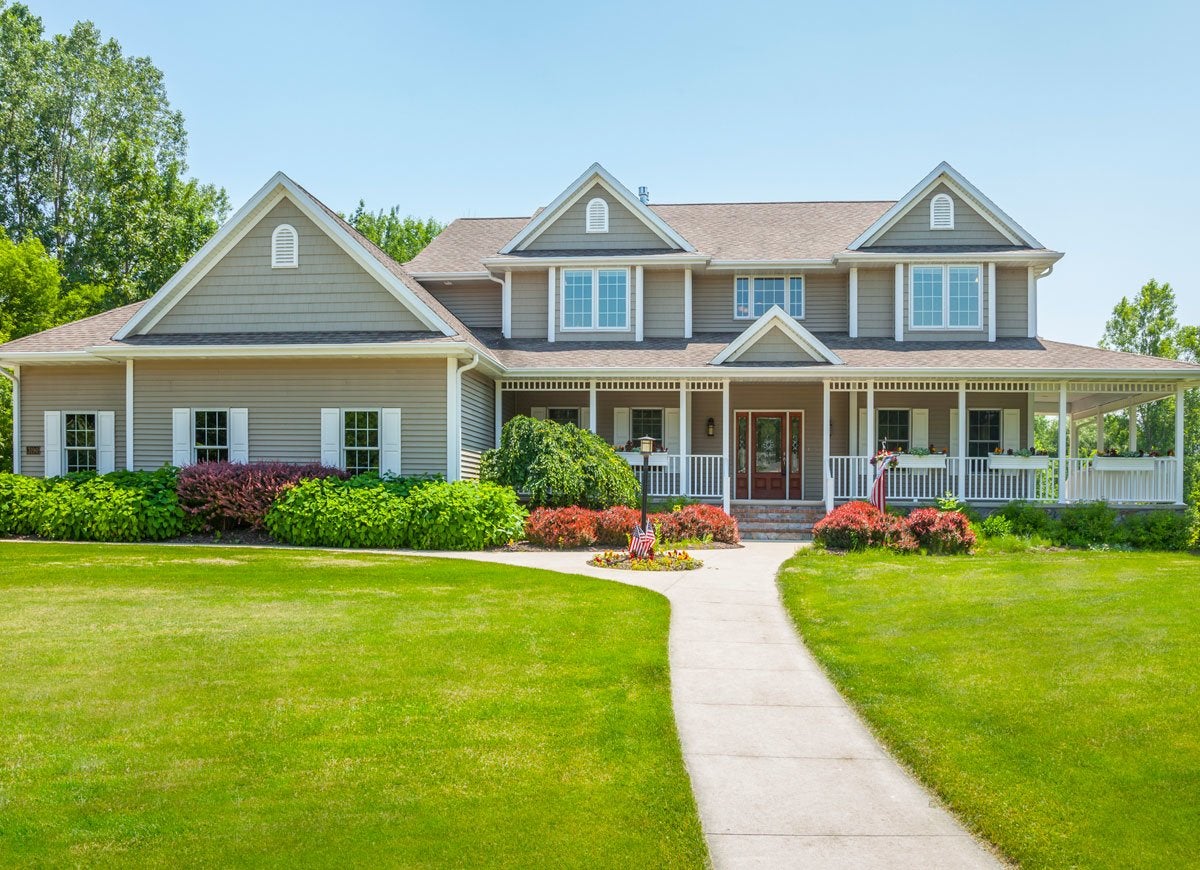
Don’t underestimate the importance of curb appeal. No matter how much love you’ve lavished on a home’s interior, an unattractive street view can drive away potential buyers. Although you don’t need to dump tons of money into retaining walls and raised flower beds, you should take steps to present an attractive exterior. At the very least, regularly mow the grass, trim overgrown hedges, and remove debris from the yard.
RELATED:
14 Insanely Easy Curb Appeal Projects You Can Do in a Day
Put together a budget before lifting a hammer.

House flipping might seem like a game of sledgehammers and interior design, but the most important tool a wannabe flipper needs to wield is a spreadsheet. Putting together a budget for the overall project, as well as each individual stage, will help would-be flippers stay on track.
It’s unreasonable to think that you can account for every penny that you’ll spend, however. Make sure to leave some buffer in each category, and adjust the line items as necessary. This is a technique professional construction companies call “job costing,” and amateur remodelers can benefit from it, too.
RELATED:
15 Hidden Costs of Home Remodeling
Balance quality work with speed.

The name of the game in house flipping is doing quality work quickly. The longer the flipper holds the home, the smaller their profit margin will be. A good flipper makes smart decisions and keeps the project rolling forward at a steady clip.
There is an art to house flipping, though, and it takes time to master: Keep track of how much labor, materials, and other costs run on a square-foot basis. This will help save time with getting quotes and setting the budget, allowing wannabe flippers to move through the planning process faster to preserve their profits.
Build a list of contacts.

House flipping is a business, and those who want to dive in head first need to build a list of contacts: Contractors, realtors, home inspectors, and materials suppliers are no-brainers. But, what about a list of potential buyers? How about a few folks in the neighborhood watch? What about the local Chamber of Commerce?
Acting like a business owner and assembling a digital Rolodex of contacts will do two things: Help keep the funnel full of potential houses to flip, and spread the word about your properties before they’re even ready to hit the market. Who doesn’t want potential buyers waiting on the street before that open house?
Don’t forget to secure the job site.

House flips are fairly easy to recognize from the street, and folks who might not have the best intentions know that there isn’t anyone home at night. Just as shop owners protect their shops with security systems and quality locks, house flippers need to think about their security measures.
First and foremost, be sure to change the locks on houses you buy to flip. Also, ensure that windows and doors are always locked before leaving the site each evening. It’s probably worth investing in a security system or doorbell camera as well. Even if your insurance is willing to cover stolen tools or materials, theft or vandalism will rob the project of momentum and cost a flipper valuable time.
RELATED:
What is Property Crime, and How Can I Protect Myself?
Rely on tried-and-true home designs and decor.

One of the worst things that wannabe flippers can do is flip their house for their tastes or current trends. While it’s okay to be creative, going way too far outside of the norm will require a special buyer, and special buyers don’t come around all that often.
Instead, stick with tried-and-true, classic designs that never go out of style. Traditional color schemes and materials will appeal to the broadest audience, bringing more potential buyers to the door once your flip hits the market.
Don’t Quit Your Day Job

The real estate market is incredibly volatile. You certainly don’t want to quit your job only to lose money on your fixer-upper. Play it safe: Until you’ve successfully flipped a few houses, maintain another reliable source of income.
RELATED:
10 Reasons to Buy an “Ugly” Home




